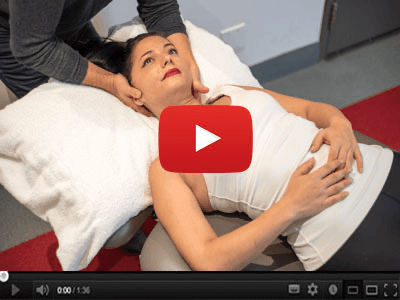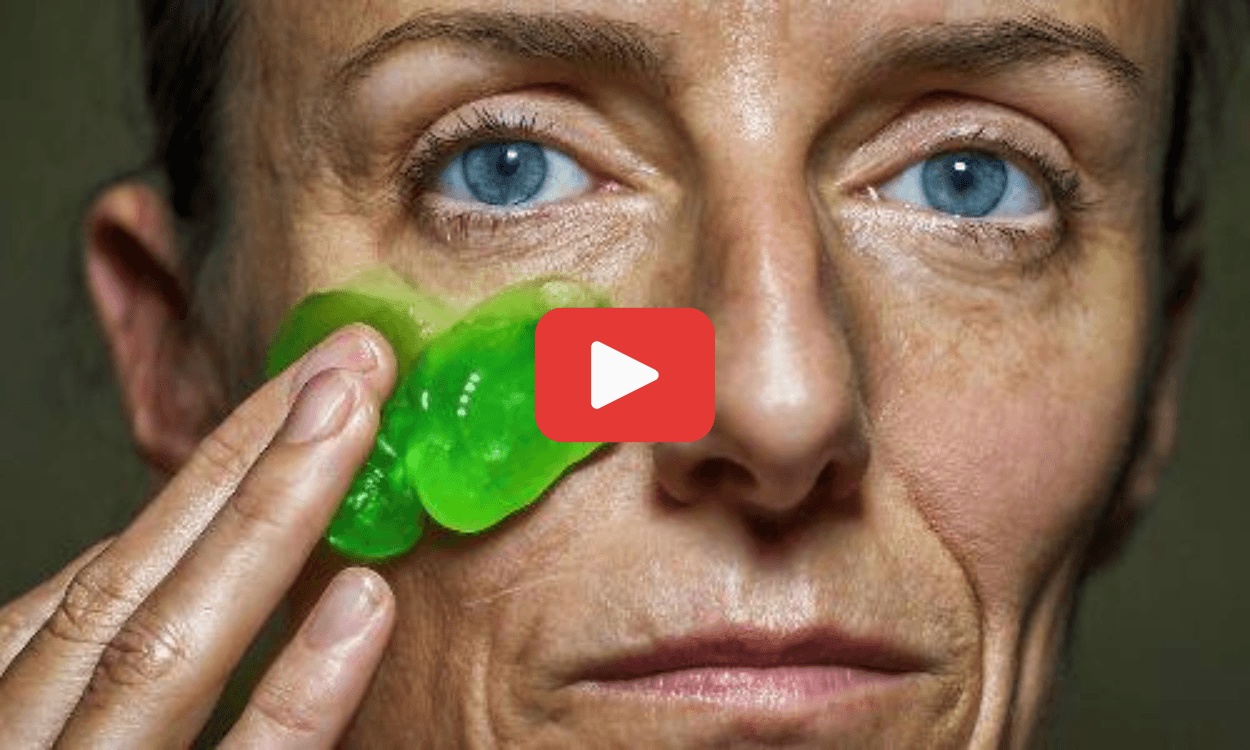8 Drinks That Prevent Cataracts and Glaucoma
Did you know that around 80 million people worldwide are battling glaucoma, and this number is increasing every year? As we journey through life, our eyes, those wonderful windows to the world, need protection and care to stay healthy. Age-related eye conditions, like glaucoma and cataracts, can affect anyone, but dietary choices can make a difference.
What you drink can significantly impact your eye health. Various beverages, rich in antioxidants and nutrients, can help protect your eyes as you age. This article will explore eight powerful drinks that prevent cataracts and glaucoma.
Green tea, a popular drink, is not only soothing but also eye-friendly. It is packed with antioxidants known as catechins, which help protect the eyes against oxidative damage—a key factor in conditions such as glaucoma and cataracts.
A study published in the Journal of Agricultural and Food Chemistry found that these catechins can penetrate the eye tissues, providing cellular protection. Notably, the flavonoid epigallocatechin gallate (EGCG) in green tea may protect against various eye diseases.
More than a breakfast favorite, orange juice is a powerhouse of Vitamin C, a potent antioxidant that plays a significant role in combating oxidative stress linked to eye diseases. Research indicates it can significantly reduce cataract progression.
While moderation is key, red wine contains Resveratrol, an antioxidant that may prevent age-related eye problems. Not only has Resveratrol been linked to the prevention of new blood vessel growth in the eyes, often a cause of degeneration, but it may also guard against glaucoma.
Known for its vibrant color, carrot juice is high in beta-carotene, a form of Vitamin A crucial for eyesight. It's particularly beneficial for preventing conditions that damage sensitive eye tissues.
Blueberries are loaded with antioxidants like anthocyanins, known to support eye health by reducing oxidative stress impacts on the retina.
Turmeric tea's active ingredient, curcumin, has antioxidant and anti-inflammatory properties beneficial for eye health. Studies suggest it may protect retinal cells from oxidative stress.
Spinach smoothies are rich in lutein and zeaxanthin, the only carotenoids chosen by the body to aid eye health, significantly lowering the risk of developing eye diseases.
Regular monitoring can catch early signs of eye conditions. For glaucoma, a peripheral vision check by covering each eye can be insightful. Checking pupil response in a dim room is another low-tech tell. For cataracts, examine changes in night vision and color clarity as simple warning signs.
While these tests are not definitive, they help. If alarming signs appear, consult an ophthalmologist for a comprehensive eye exam. The earlier you detect issues, the better the preservation of vision.
In addition to the mentioned drinks, regular check-ups, a balanced diet rich in vitamins, proper hydration, sleep, and low UV exposure can protect eye health. Avoid smoking for further reinforcement against optic damage. By embracing these habits, your eyes can remain vibrant and healthy for life.
Tell us in the comments if you found these insights helpful, and don't forget to like and subscribe to keep exploring essential health content with us!
From Around The Web
Wellness Inbox is a blog & weekly newsletter that curates trending news and products related to health and wellness from around the web. We also gather content from various sources, including leading health professionals, and deliver it directly to you.
Please note that we may receive compensation if you purchase any products featured in our newsletter. Wellness Inbox is not affiliated with, nor does it endorse, any health professionals whose content may appear in our newsletter. The information provided is for general informational purposes only and should not be considered medical advice.
The information provided is not intended to replace professional medical advice, diagnosis, or treatment. All content, including text, graphics, images, and information available is for general informational purposes only. We do not guarantee the accuracy or completeness of any information presented and assume no liability for any errors or omissions. The content is subject to change without notice. We encourage you to verify any information with other reliable sources and consult your physician regarding any medical conditions or treatments.







